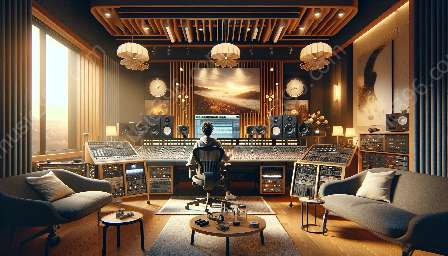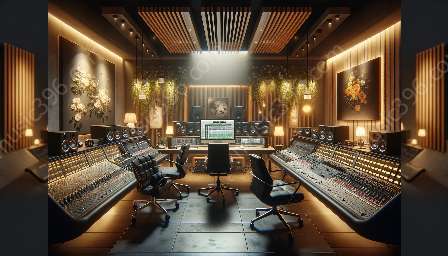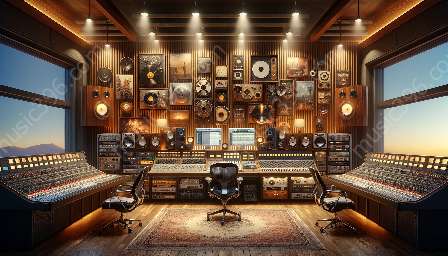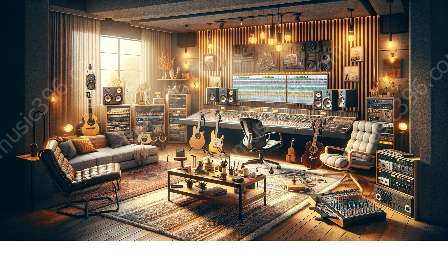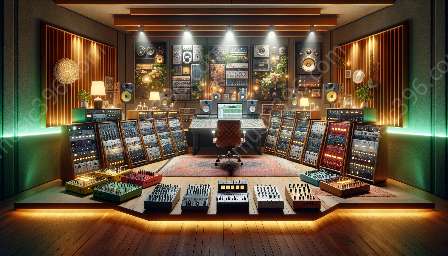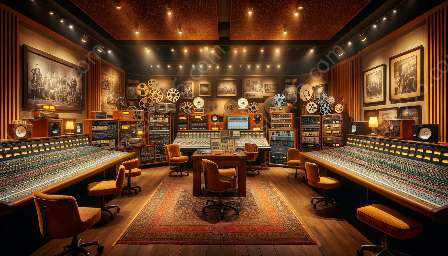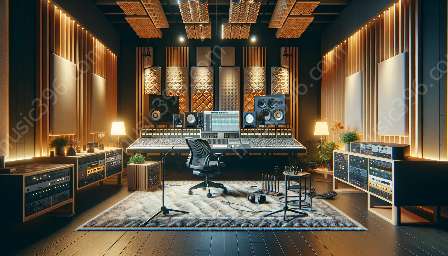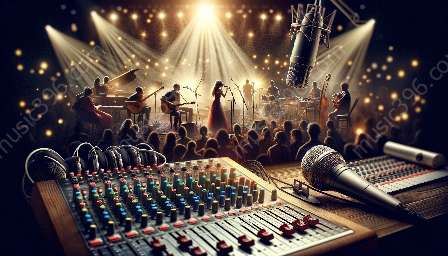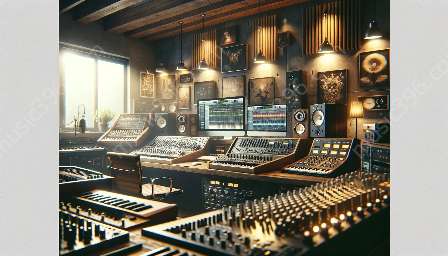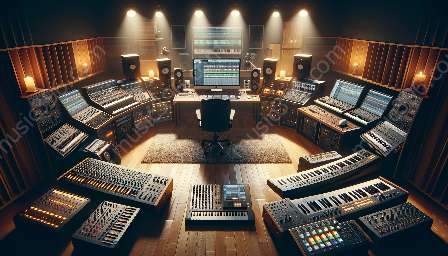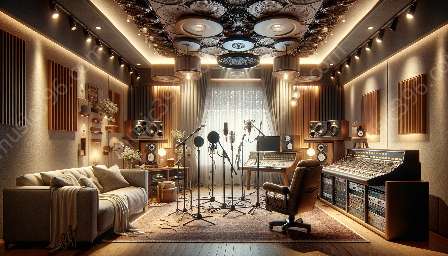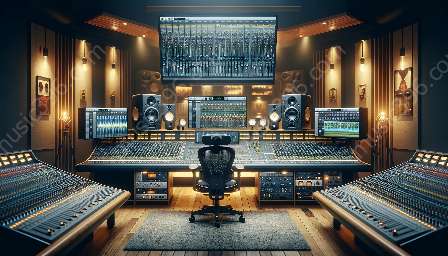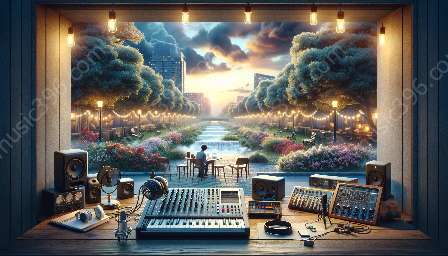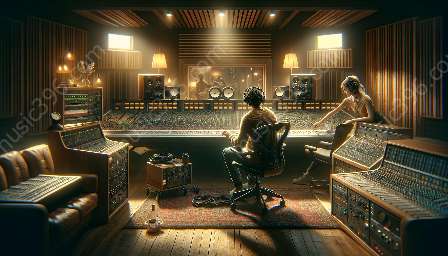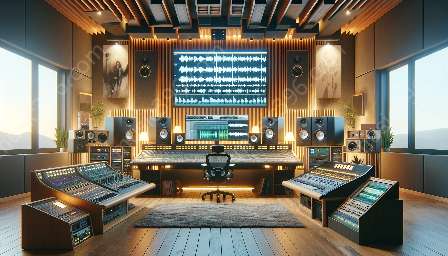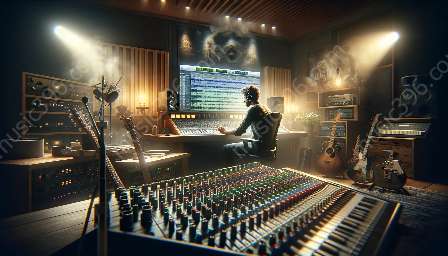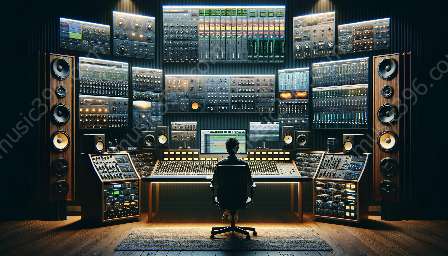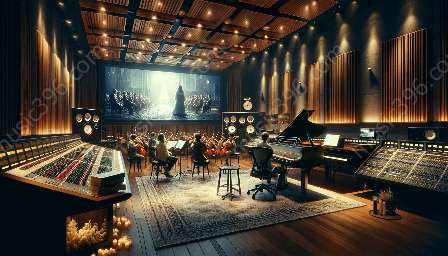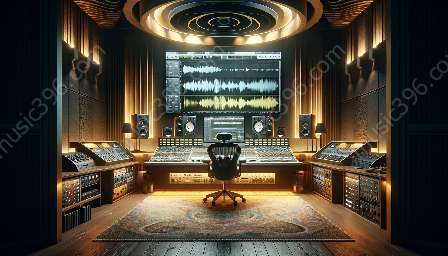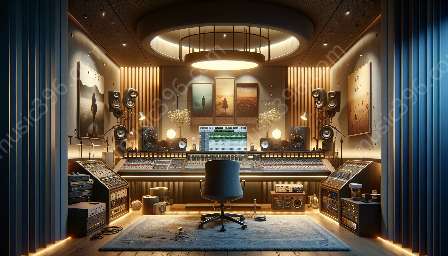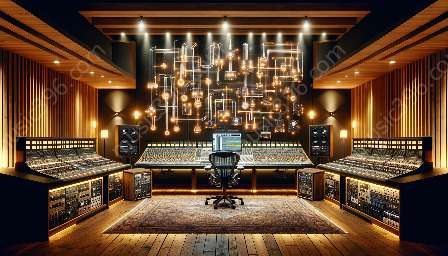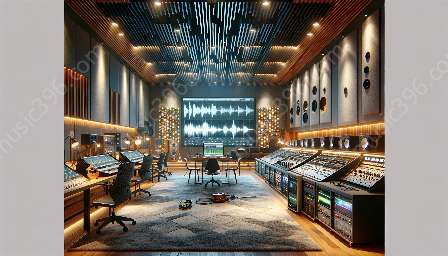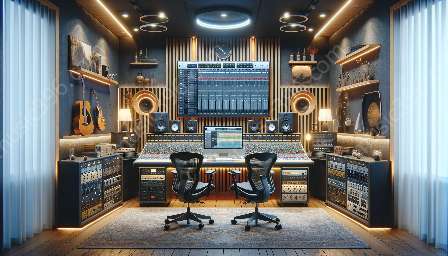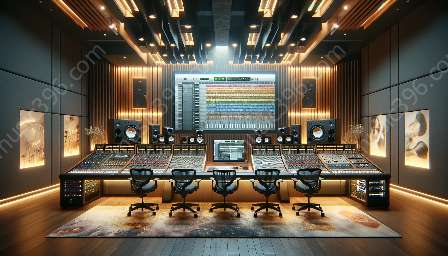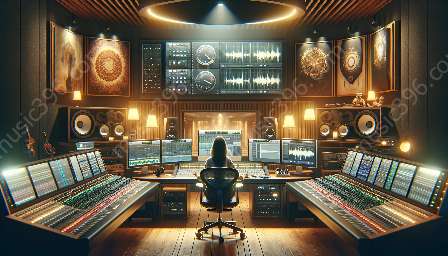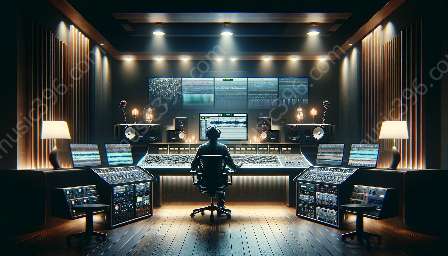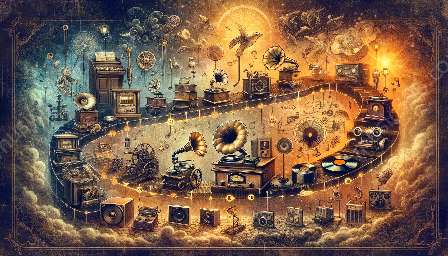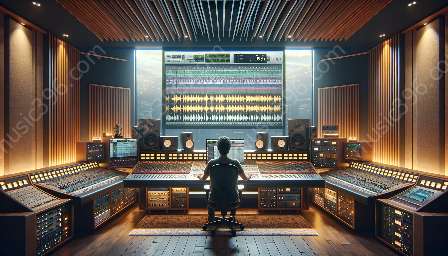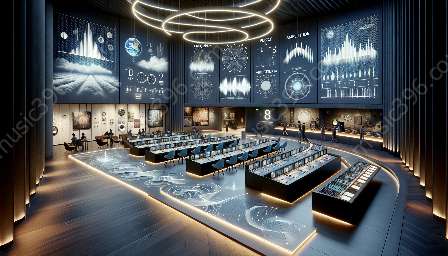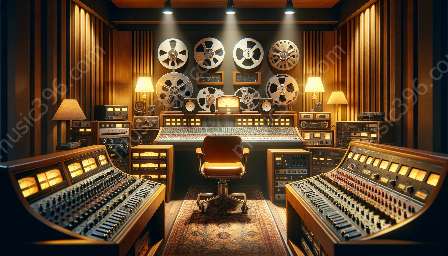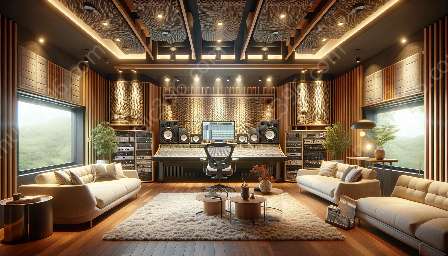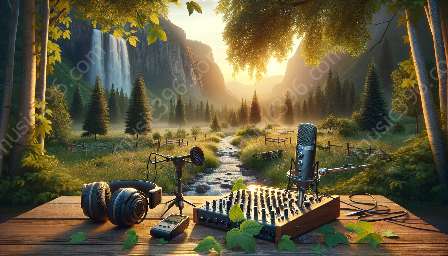Music recording and composition have undergone a fascinating evolution, from the early days of analogue recording to the innovative technologies of today. In recent years, artificial intelligence (AI) has entered the realm of music production, bringing new possibilities and challenges to the industry. This comprehensive topic cluster delves into the history and evolution of music recording technology, the impact of AI on music composition, and the future implications for the music industry.
History and Evolution of Music Recording Technology
Music recording has a rich history that spans over a century, undergoing significant transformations with each technological advancement. The journey begins with the invention of the phonograph by Thomas Edison in 1877, which marked the birth of audio recording. Over the years, the industry saw the transition from analogue recording to digital formats, revolutionizing the way music was captured and reproduced.
The 20th century witnessed the emergence of various recording technologies such as magnetic tape, vinyl records, and compact discs (CDs). The introduction of digital audio workstations (DAWs) in the late 20th century brought about a seismic shift, allowing musicians and producers to create and manipulate music with unprecedented precision and flexibility.
Today, music recording technology has reached new heights with advanced software, high-definition audio interfaces, and cloud-based solutions. The evolution of music recording has paved the way for AI to become an integral part of the creative process, offering novel approaches to music composition and production.
The Integration of AI in Music Composition
Artificial intelligence has made substantial inroads into music composition, demonstrating its potential to augment human creativity and streamline the production process. AI-powered tools can analyze vast datasets of musical compositions, identify patterns, and generate individualized music pieces based on specific criteria.
Machine learning algorithms enable AI to extract intricate nuances from existing music and create new compositions that resonate with diverse audiences. Additionally, AI-driven systems can aid in tasks such as harmonization, melody generation, and even orchestration, providing valuable resources for composers and producers to explore novel musical landscapes.
Moreover, AI has facilitated the development of sophisticated sound synthesis techniques, allowing for the creation of lifelike instrumental tones and dynamic audio textures. These innovations have expanded the creative palette of musicians and inspired fresh approaches to sonic experimentation and artistic expression.
The Future of AI in Music Recording and Composition
As AI continues to evolve, its impact on music recording and composition is poised to become even more profound. The fusion of AI with emerging technologies like virtual reality (VR) and augmented reality (AR) promises immersive and interactive music experiences, blurring the boundaries between traditional recording methods and futuristic sonic landscapes.
Furthermore, AI-driven systems are reshaping the landscape of music production by empowering independent artists and aspiring creators to access professional-grade tools and resources. With AI-enabled platforms, musicians can refine their craft, collaborate with virtual bandmates, and unleash their creative vision without traditional constraints.
Despite the remarkable advancements brought forth by AI, ethical and legal considerations loom large in the debate surrounding its role in music composition. The implications of copyright, intellectual property, and the authenticity of AI-generated music raise complex questions that necessitate careful examination and thoughtful regulation.
Conclusion
The integration of artificial intelligence in music recording and composition marks a pivotal juncture in the evolution of the music industry. By embracing AI, musicians, producers, and industry professionals are venturing into uncharted territories, exploring innovative avenues for creativity, collaboration, and audience engagement. The historic progression of music recording technology, coupled with the transformative potential of AI, sets the stage for a dynamic future where technology and artistry intertwine to create new sonic landscapes and redefine the boundaries of musical expression.


